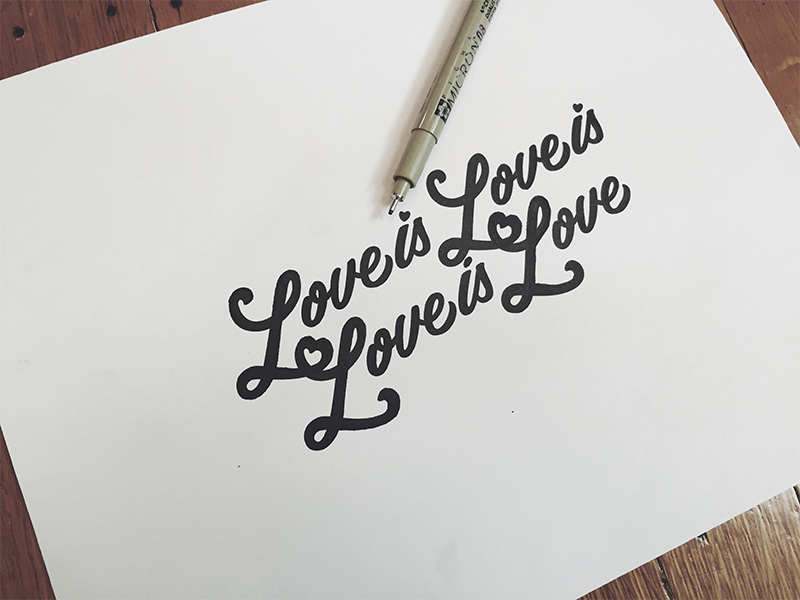A cutting edge issue in traditional estate planning is cryptocurrency. “Cryptocurrency” (as defined by Investopedia) is “a digital or virtual currency that uses cryptography for security. A cryptocurrency is difficult to counterfeit because of this security feature. A defining feature of a cryptocurrency, and arguably its most endearing allure, is its organic nature; it is not issued by any central authority, rendering it theoretically immune to government interference or manipulation.”
The most common, and for now the unofficial standard for cryptocurrency (AKA altcoin) is Bitcoin. But the market is getting increasingly more crowded with others including Ripple, Dash, Litecoin, and Zcash to name just a few. (For the purposes of this article, we’ll focus on Bitcoin, but these points could be applied to cryptocurrencies in general.)
Many posts could be written about cryptocurrency, its benefits, and its challenges, but this post is focused on how to account for Bitcoin in your estate plan, as opposed to a standard currency, like the U.S. Dollar.
Acknowledge the IRS’ Perspective
The IRS has determined, at least for the time being, virtual currency is treated as personal property for federal tax purposes. So, virtual currency transactions are most definitely not the same as, say, online banking through your local community credit union. Instead, for general tax purposes, Bitcoin is treated like tangible property you own, like a painting or a car.
Establish the Existence of Bitcoin
Unlike a checking or saving account. there are no beneficiary designations on Bitcoin accounts. In fact, quite the opposite — Bitcoin is anonymous. Therefore, if you were to die without communicating that you have Bitcoin, it will die with you.
For security reasons, of course, you won’t want everyone to know about your ownership of Bitcoin. But you do need to develop a method for passing along the important details to a trusted representative such as your named trustee or executor. This is somewhat similar to accounting for digital assets in your estate plan and many of the same steps/tips apply.
Bitcoin falls into somewhat of a “grey” area outside the realm of a pure digital asset, but it also isn’t a pure financial asset. It might make sense to entrust the existence of Bitcoin to the person you assign to take care of your digital assets, especially if they have a better knowledge base of the what/why/how of cryptocurrency.
Make sure the Bitcoin is Accessible
Unlike a traditional bank account, your executor/trustee can’t just simply contact Bitcoin (as they would your community credit union or bank) after your death. Your agent must have your private key (or username/password depending on the wallet host) in order to access and then distribute the coin as you’ve determined in your estate plan. Again, if you’re the only person who has access to your “wallet,” the Bitcoin will be forever lost in the network. If you’re comfortable with it, you could include your Bitcoin private key on a secure digital archive site like Everplans or, more traditionally, you could keep the key in a safety deposit box.
Plan for the Prudent Investor Act
Many states, including Iowa, have a version of the Prudent Investor Act. (The text of Iowa’s law can be found under the Iowa Uniform Prudent Investor Act.) Under the Act, if you die with a large reserve of Bitcoin, it could be considered an “investment” which the trusted agent could be required to sell and/or diversify. In the face of uncertainty, it’s always better to account for contingencies in your estate plan before your loved ones are faced with a bad scenario. If one of the goals of your estate plan is to grant your executor/trustee the ability to hold your Bitcoin long-term, then it’s wise to include specific language in your will or trust absolving the executor/trustee from liability if they “fail” to diversity your Bitcoin.
Think About Taxes
If your executor/trustee retains your Bitcoin it would not be considered income (at least at the time of this post’s writing). However, if Bitcoin is converted to cash following your passing, it must be declared as income on an estate tax return. Additionally, if your executor were to retain Bitcoin, see it appreciate in value, and then sell it, there is the issue of the capital gains tax. (“The IRS requires American resident taxpayers to report Bitcoin trading income and losses worldwide on U.S. resident tax returns.”) Consider this in your directive of how you would like your Bitcoin to be managed in event of your death.
Fair Market Value: Step Up or Down
The fact that Bitcoin is currently considered personal property means evaluating for either a step-up or step-down in basis given the fair market value on the date of death. (I write more on this in regards to four different types of assets here.)
Let’s consider the hypothetical where Betty inherits 100 Bitcoins (BTC) from Amy. At the time of Amy’s death 1 BTC is worth $50 and when Betty goes to spend 1 BTC, it’s worth $60. That means Betty’s taxable gain on the use of the Bitcoin is $10. How much Amy initially paid for the 100 BTC is irrelevant. Again, the only relevant factor is the fair market value on the date of Amy’s death. It’s wise, as part of your estate planning, to consider your Bitcoin’s depreciation or appreciation to determine how this may affect your heirs. It’s even wiser to discuss your individual situation with professional tax and financial advisors, as well as your estate planning attorney.
Estate Planning is a Must, not an Option
It’s likely we’re going to only see more unique situations, such as that which cryptocurrency presents, in the future. While the future value of Bitcoin may be uncertain, for certain you need an estate plan, and you shouldn’t let your investment die with you. If you already have an estate plan, it’s probably a good time to revisit it to ensure it accounts for assets like Bitcoin. Email me or give me a call (515-371-6077) with questions or to discuss your digital estate planning needs.


























